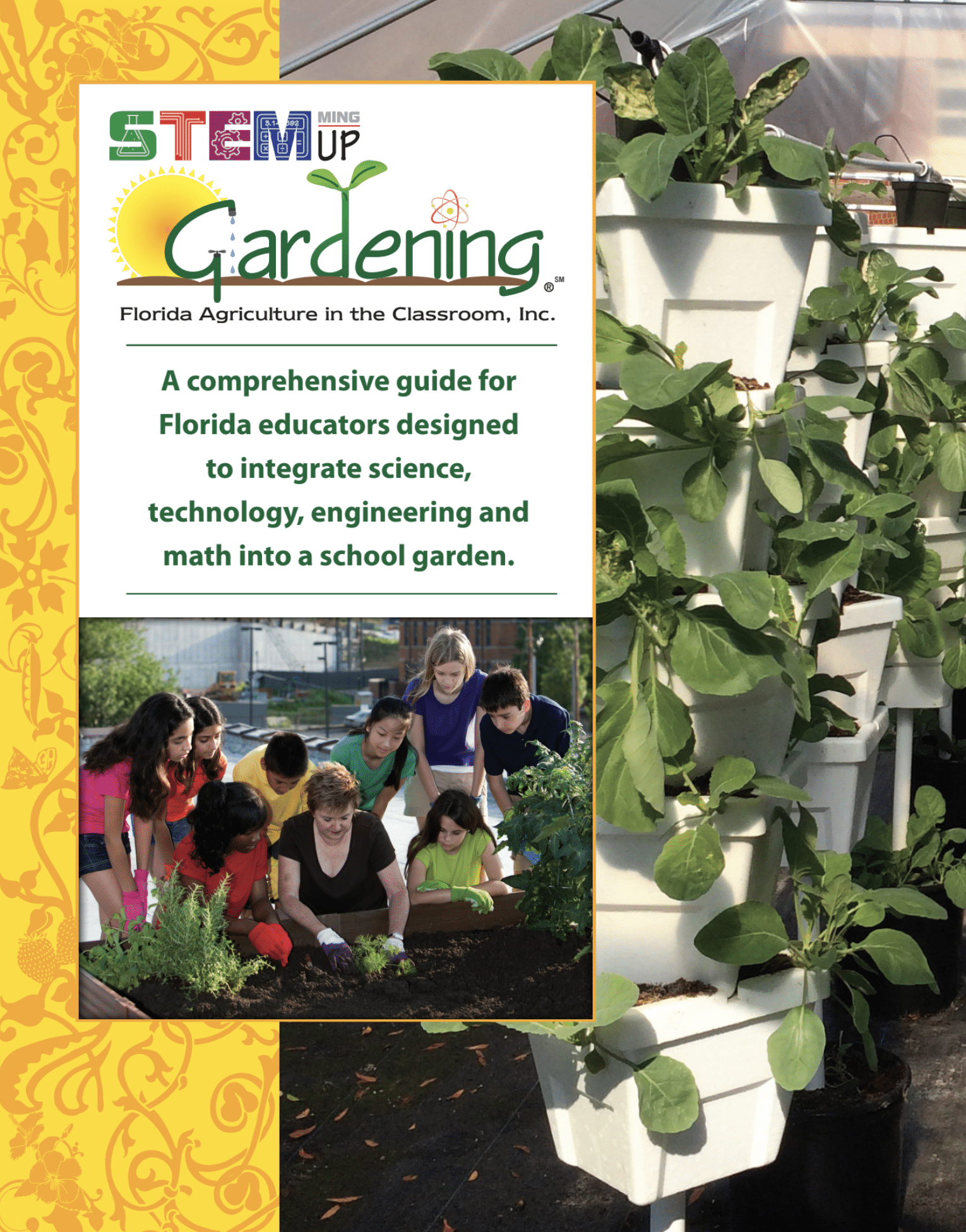Curriculum Connections
Greenhouse Technology
Students will use a greenhouse to germinate seeds and grow plants to better understand the science and dynamics of a greenhouse. For schools without greenhouses students will research, design and create a cost analysis of building a greenhouse at school.
View LessonGenetically Modified Plants: Integrated Pest Management Part 3
Genetically Modified Organisms, or GMOs, are a very hot topic, but how much do you really know about the science be-hind them? Through science, farmers have been able to reduce the amount of pesticides used, increase yields and improve flavor. This lesson will explore what a GMO is and why we are using them in today’s agriculture.
GMO informational website: www.GMOanswers.com
View LessonFlorida Irrigation
This lesson and associated experiments will introduce students to the reasons why irrigation is needed to feed the world and the different types of irrigation being used.
View LessonActivity: Design on a Dime
Students will be able to utilize reusable or biodegradable mate-rials to create sustainable gardening systems.
View LessonActivity: Creating a Plastic Tote Hydroponic Garden
To educate students about the hydroponic system where they will be able to compare and contrast the various aspects to traditional gardening.
View LessonAlternatives to Traditional Gardening
In this project-based learning lesson, students will read articles and view digital media to gather information about plant growth. They will learn about the nutrients plants need and the environmental factors that contribute to healthy plant growth. They will explore how people who live in urban areas get their food as well as learn alternative gardening methods including hydroponics, aquaponics, container gardening and vertical gardening. The students will research at least two of the gardening methods that interest them using multiple sourc-es such as interviews, articles and videos. They will compare and contrast the gardening methods they research and then write an opinion essay on the gardening method they prefer, us-ing evidence from their sources to support their position. The students will then work in teams to design and construct an alternative garden using recycled materials. Using the rubric, they will organize their information and use digital resources to prepare a presentation.
View Lesson
